Bahrain GP: Red Bull chief Adrian Newey criticises F1 rules
- Published
Red Bull design chief Adrian Newey has criticised Formula 1's new rules, saying their merit is "questionable".
The 55-year-old says the new turbo hybrid engines and fuel limits were introduced "without proper thought".
Newey said the sport should have spent more time considering whether it had gone in the right direction.
Williams chief technical officer Pat Symonds said: "I don't agree. The power-units are relevant to the future of the automotive industry."
Newey's comments are the latest in a series of public statements opposing the new rules by four-times world champions Red Bull, who have suffered a drop in competitiveness this year because their Renault engine does not produce as much power per unit of fuel as the rival Mercedes.
But he denied he was making his remarks as a result of sour grapes.
"I would have said the same thing before the rules came in," Newey said. "I wasn't asked. That's my opinion.
"I like lightweight and efficiency, and these regulations have created cars that are exceptionally complicated, quite a lot heavier.
"Complication and weight is an expense, if it brings something that's absolutely fantastic, but I do believe that should be debated."
The new rules are focused on two levels of fuel restriction - a maximum of 100kg of fuel for a race distance and a maximum fuel-flow rate of 100kg/hour. There have also been changes to the aerodynamics of the cars.
The fuel-flow rate ensures that the development of engines goes in a direction relevant to fuel efficiency - and therefore the road-car industry. Removing the rate restriction would lead development down paths that were relevant only to racing, experts say.
However, Red Bull team principal Christian Horner has proposed abandoning the fuel-flow limit because of what he claims are problems with the accuracy of the official sensors that measure it.
Newey argued that the new rules may not have been the best way to pursue their intention of driving increased efficiency in F1.
"We've gone down this route of trying to come up with a sport that appears to be road-relevant and in truth that's extremely complicated," Newey said.
"To come up with a formula that's about a very short sprint race, an hour and a bit, using a single-seater open-wheel car, and saying that's then relevant to the road is a very complicated leap in my opinion.
"In making a road car you have so many factors - the cost of the car, how many miles it will do, whether it be city driving or motorway cruising.
"Trade the cost of the [new F1] power-unit versus the cost of making the car lighter or more aerodynamic or whatever. So I think it's questionable."
"The drive to make cars more efficient is a good one. How you do that and whether you do that through a much more open formula - where you are able to trade for instance the weight of the power unit against the weight of the car - is another matter.
"You are into a really big discussion there, one that's probably outside the scope of a quick interview with the BBC."
He said that ultimately the viewing public would be the arbiters of the new F1's success.
"Let's see how it pans out," Newey said. "It's too early to say the sport isn't exciting. Let's see what the viewing public thinks.
"If they like the show, then that's fantastic; if they don't we're going to have to have a bit of a think about it."
Symonds said: "One can look at where we would be if we hadn't introduced something like that. We would really be standing out and leading ourselves open to criticism.
"We should be very proud of what we've done. We had pretty efficient V8 engines before; we have super-efficient V6 engines now, with technologies we will undoubtedly see on road cars in years to come. So we should be celebrating what we've done.
"Has the racing changed because of it? I don't really think so.
"There might be some early teething problems but we've had two races, it's a very immature formula at the moment. Let's see how things pan out but I am pleased with the fact that what we're doing is relevant to society."
The two men's comments come on a weekend when F1's future direction will be debated by three of its most important power-brokers.
Ferrari president Luca Di Montezemolo, who has been critical of the new formula, is flying to the Bahrain Grand Prix on Sunday and will meet with F1 commercial boss Bernie Ecclestone and FIA president Jean Todt, who was instrumental in introducing the new engines.
- Published4 April 2014
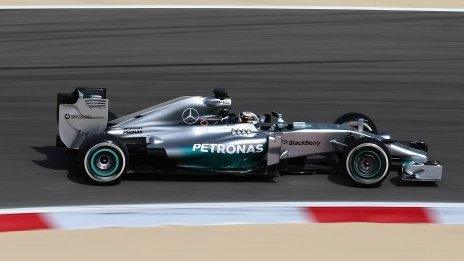
- Published28 March 2014
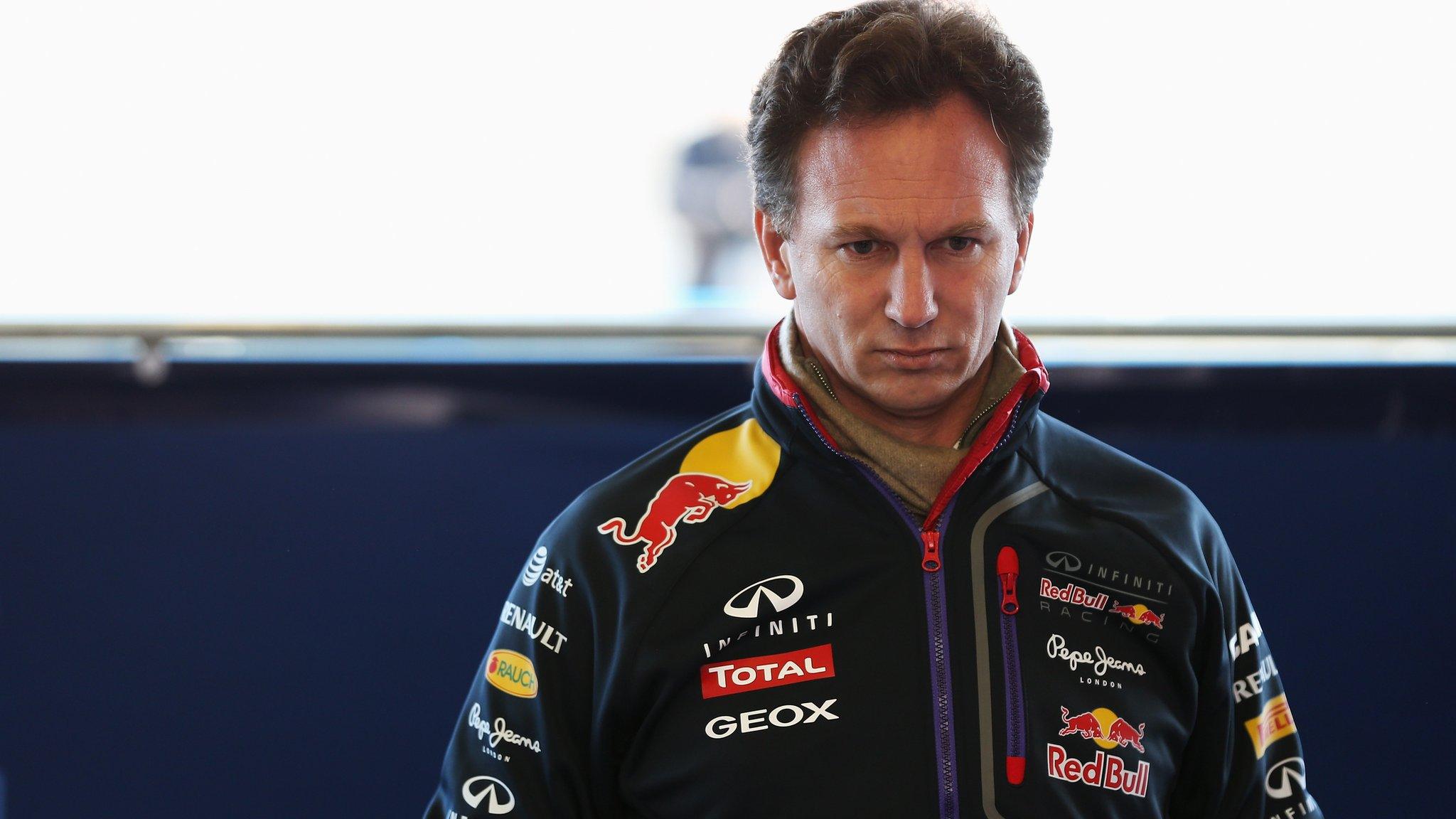
- Published21 March 2014
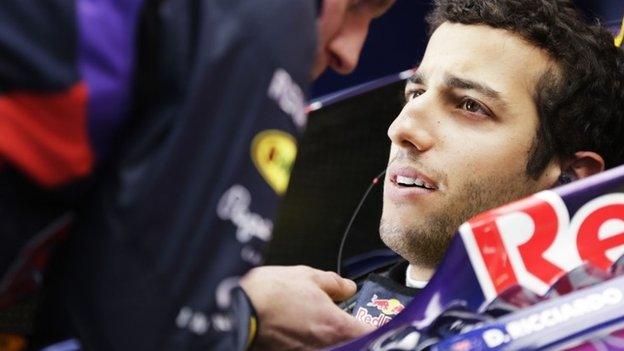
- Published16 March 2014
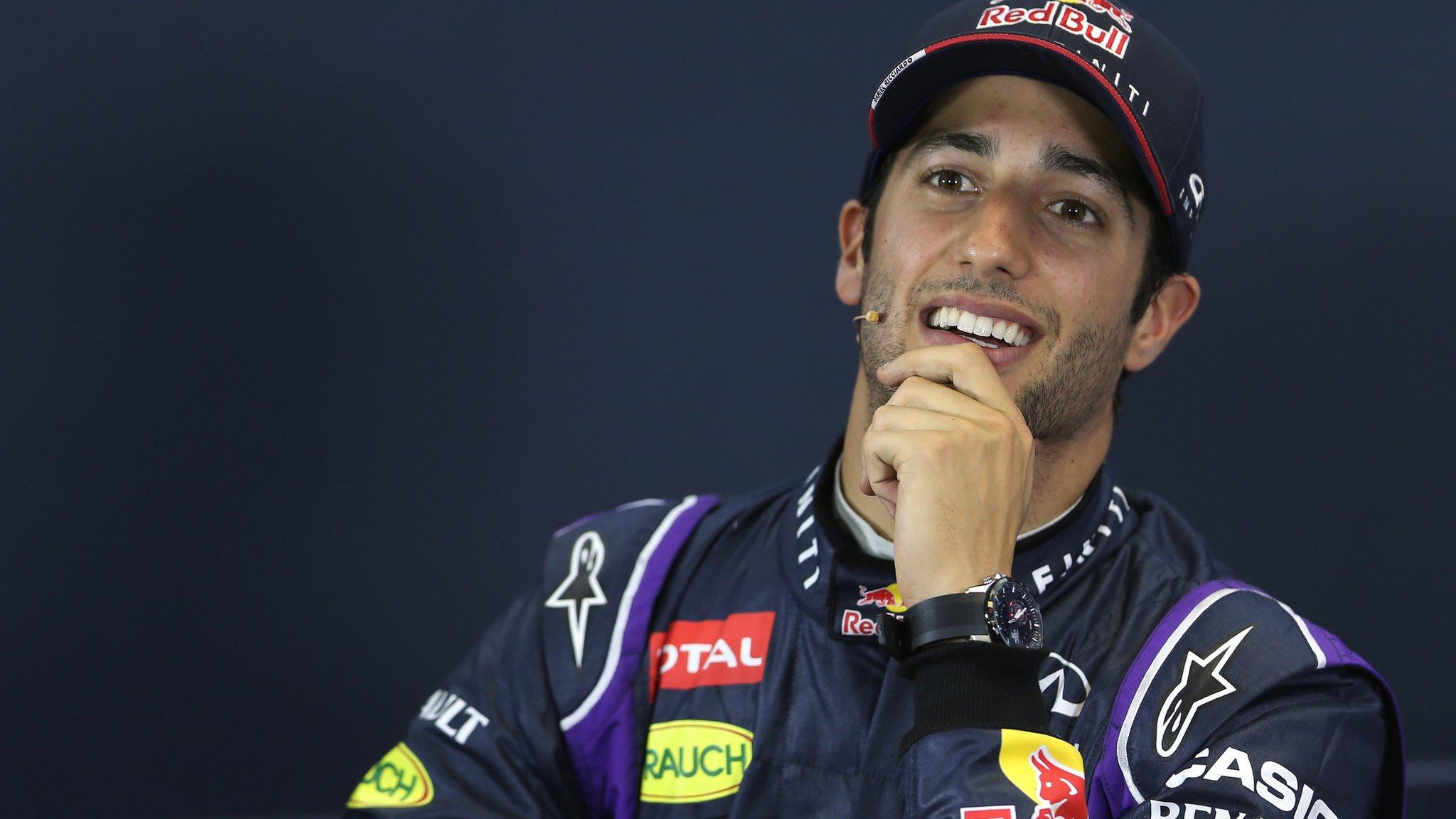
- Published17 March 2014
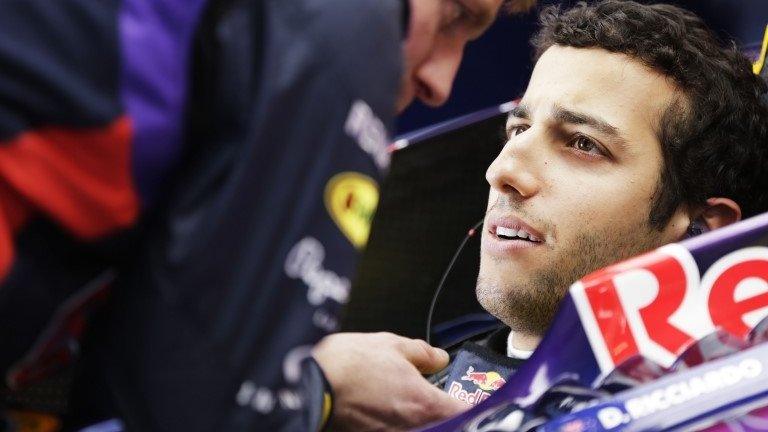
- Published24 January 2014
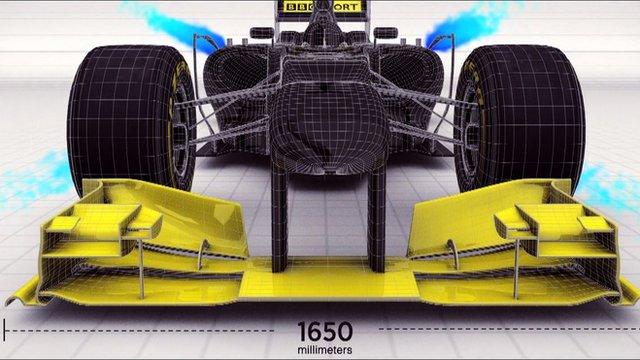
- Published26 February 2019
